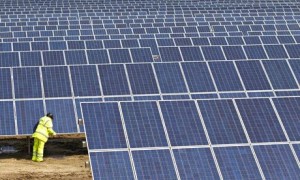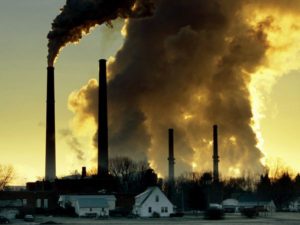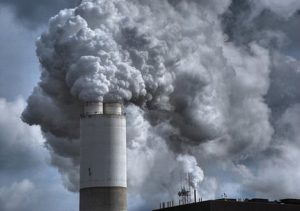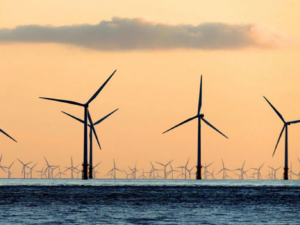Coal Free Energy Generation For A Day!
The UK had a coal free energy day last week. Friday the 21st was the first 24 hour period with out coal for over 130 years.
Our industrial heritage is a corner stone of British history. Coal drove the industrial revolution, replacing water power as the primary source of energy. For 130 years this has continued. Our proud miners and energy engineers have used this fossil fuel to power our progress and make Britain great.
The next industrial revolution is now underway. This industrial revolution is driven by new technologies.


Community Wind Power
Power from wind and sun and biomass are replacing old and polluting energy sources. This is good for industries, good for employment, and good for our planet. For too long we have denied or ignored the damage we are causing to our environment by burning fossil fuels. This 3rd industrial revolution is creating the power of the future today
The power generated by these new forms of renewable energy have created this first step in our path to fossil free energy.
Coal free energy for the 2nd time
In 2016 we had 4 separate events of energy generation without coal over a few days. This was a sign of things to come and I blogged about this. Now we have reached the next level. one whole continuous 24 hour period without burning coal for energy.
Coal free energy for a week?

Solar energy

Energy from coal
I am looking forward to the next milestone along the highway to 100% renewable energy. I will be glad to see an end to all burning of coal for energy or other uses. Saving our planet starts by getting rid of polluting industrial processes that can be easily replaced and offer new jobs and opportunities for us all.










